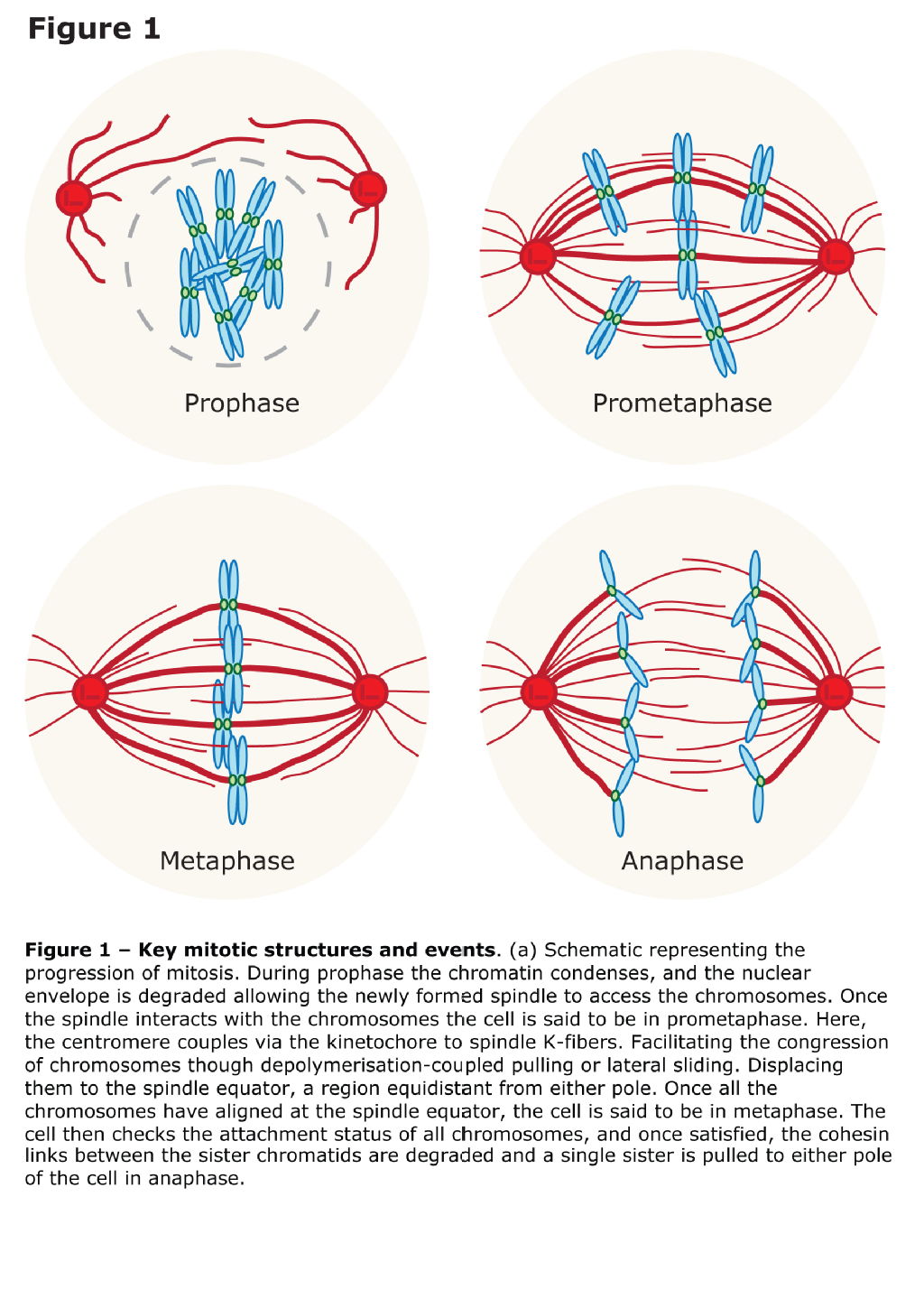Philip Auckland
Education
I graduated in 2012 with a 2.1 in Biomedical Sciences with intercalated year from the Life Sciences deparment at Warwick. I spent my intercalated year working on the epidimiology of Trypanosomiasis in Uganda at Edinburgh Medical School. In October of 2012 I joined the MRC doctoral training partnership at Warwick Medical School. My first year consisted of a taught masters with two 3 month lab based projects. The first project was based at Univeristy Hospitals Coventry and Warwick under the supervision of Thomas Barber. Here I used the human metabolism research unit to assess the effect of gradual temperature decrease on brown adipose tissue activity. I then moved to the lab of Andrew McAinsh, located within the new mechanochemical cell biology building. My project focued on the role of end binding proteins EB1 and EB3 in mitotic progression and metaphase kinetchore dynamics. I graduated with distiction, and joined the McAinsh lab full time to persue my PhD.
Research Profile
Cell division is fundamental for the existence of life. A central part of this process is the separation of duplicated chromosomes, a process called mitosis (Fig 1). The movement of chromosomes during mitosis is reliant upon their attachment to spindle microtubules via the kinetochore, a large protein complex that assembles on the centromere during prophase. The force required for chromosome migration is generated by the dynamic properties of microtubules. Kinetochores are able to harness and manipulate this force to bring about directionally biased movement, first aligning chromosomes in the centre of the cell, and then segregating them into two daughter cells. My work focuses on two key kinetochore properties required for this process; (1) maintaining attachment to rapidly disassembling microtubules, and (2) correcting erroneous attachment while promoting proper attachment. The molecular constituents of these pathways are interlinked, with negative regulation of key microtubule binding proteins facilitating attachment error correction. Specifically, I am to understand the role of centromere protein Q and the Ska complex in mediating kinetchore-microtubule attachment, and how this is regulated by intra-kinetichore tension.


Philip Auckland
